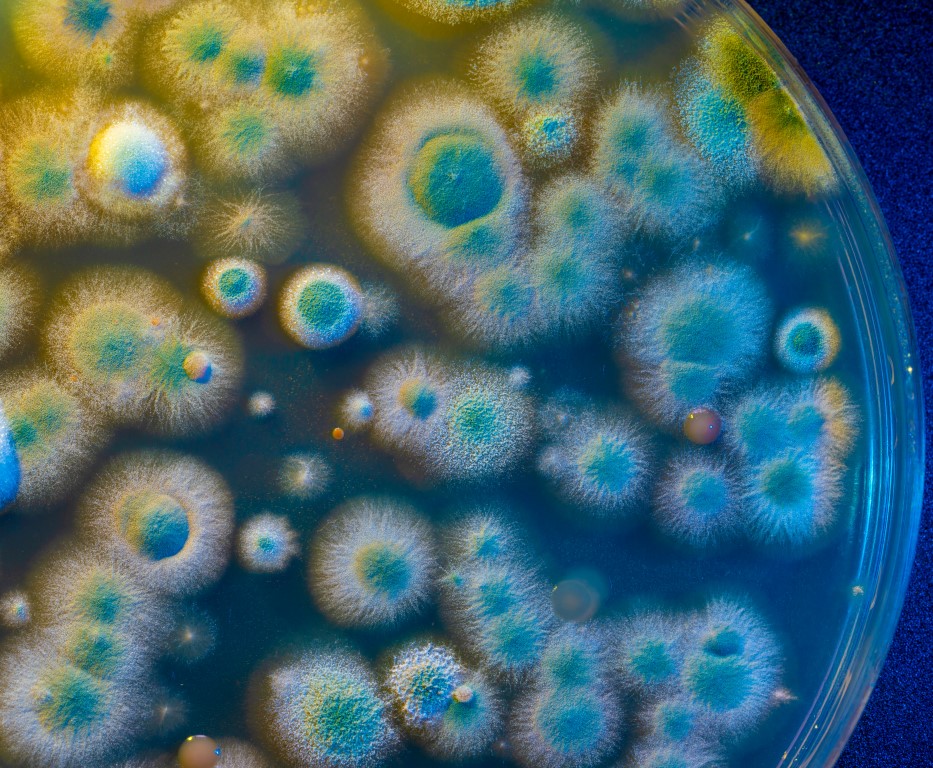- Successful detection of key microbes and microbial signatures linked to host phenotype
- Enhanced predictive power through an ensemble of advanced methods
- Computation of statistical value
- Fully validated
- Standardised end-to-end solution
- State-of-the-art data visualisation with the BaseClear Microbiome Explorer
Microbial biomarker detection solutions
Disease diagnostics
Diseases that have microbes as a cause or sentinel in the disease process are candidates for the development of diagnostics based on key microbial biomarkers. Human microbiome samples from the skin, gut, vagina, nose or eye can be used to discover and identify key biomarker species. Robust correlations with metadata turn abundance tables into diagnostic tools that have the potential to reduce both the burden of disease and health care costs.
Personalised medicine
The microbiome is unique to each individual, and is dynamic. We all have different taxonomic diversity and key species in our gut, which affects the overall metabolic potential of the gut. Some drugs are metabolised by key microbes in the gut before they can be absorbed, reducing their efficacy. By identifying key microbes in the gut microbiome that affect drug absorption, patients’ individual microbiomes can be tested to better predict response to treatment. This enables to select the right treatment for each individual patient.
Mechanistic research
Examination of the mechanisms behind the interaction of the microbiome and the host offers valuable insights in how the microbiome is involved in disease. Whether the treatment is a new probiotic, prebiotic, or can be affected by the microbiome, the Key Microbial Biomarker Detection product can support clinical research by robustly explaining the mechanism and function of host-microbe interactions.
An overview of BaseClear’s analysis pipeline
- 16S rRNA or whole genome sequencing taxonomic data is used as input
- Data undergoes pre-processing including filtering, normalisation and transformation
- In parallel, the following techniques are used:
- Feature elimination and importance evaluation using Random Forest
- Logistic regression using LASSO, ridge or elastic net regularisers, arranged by effect sizes
- Biomarker validation using LEfSe (Linear discriminant analysis Effect Size) and filtered by LDA score
- Differential abundance analysis filtered by p-value
- This ensemble analysis results in selection of single biomarker microbes or a biosignature of multiple microbes.




